Ant hills are not just an eyesore; they also damage the garden, especially the delicate flower beds, fruit trees, and plants. And, if you have an uncontrolled population of ants lingering around in your garden, be assured that you will complain about getting bitten by them now and then. This is the last thing anyone wants to experience when they spend so much time curating their garden.
Now, the question is how to get rid of ant hills. Yes, you might consider stepping it on and destroying it, but this kind of manual effort has only worked so far. Essentially, we’d recommend that you look for long-term remedies that won’t make you regret doing things in the long run.
This article will explore some of the easiest and quick remedies for ant hills and how you can set up your garden to prevent their infestation in the future.
Also read: How to Get Rid of Termites? | 7 Natural Ways
Table of Contents
List of Ways to Get Rid of Ant Hills
When you are looking for ways to eliminate ant hills, we’d recommend implementing more permanent ways. You need to ensure that the methods you implement will show long-term results and prevent the formation of these pesky ant hills.
1. Flooding the Ant Colony
Yes, water is an ant hill’s worst enemy. If you notice a seeping growth of an ant hill in the middle of the garden, dousing them in water is the easiest way to get rid of them. If you have a garden hose accessible in your backyard, set it to the highest setting, spray, and eventually flood the ant colony for 2-3 minutes.
You want to ensure that the water supply is enough to saturate the entire hill, so you don’t have to complain about the insides of the ant hill not getting damaged. A good 3-5 minutes of spraying should be enough to clear out the areas.
Ant hills can even dig up to 3 ft in width, so you should ensure the entire colony is soaked before stopping the water hose.
2. Use Boiling Water
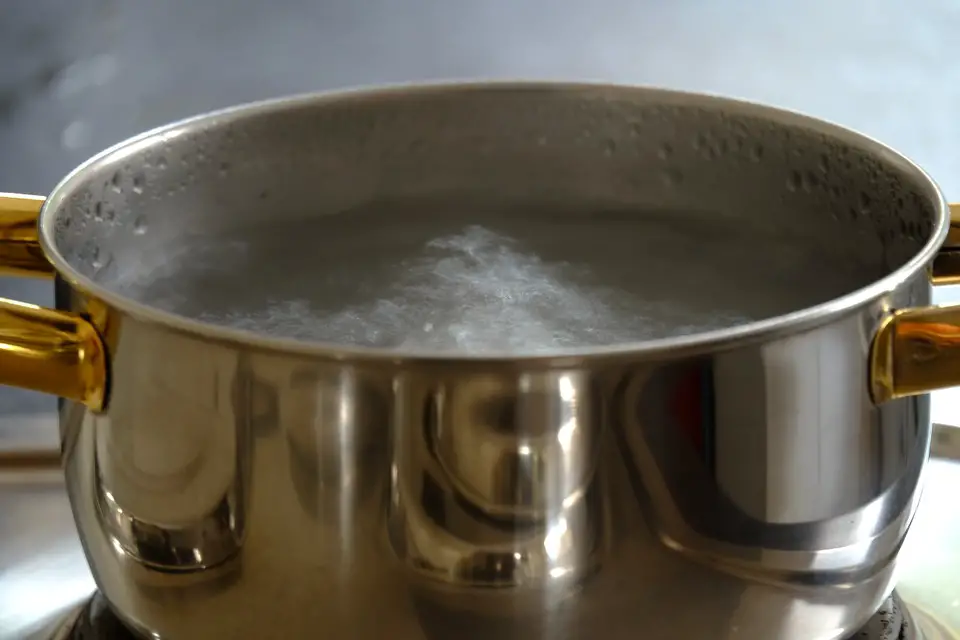
If the regular flooding with the garden hose didn’t work and you can see notable ant activity in the hill you flooded, you must take more drastic measures. The easiest way to tackle that would be by using some boiling water. It is quite effective and will kill any remnant ants inside the ant hill on the spot.
However, ensure you soak the entire ant hill with boiling water. This is an absolute must, especially if you don’t want to experience further colonies of ants in the surroundings.
Also, if the normal boiling water isn’t showing notable results, you can mix some dish soap with the water and then douse the anthill for more potent results.
3. Use Vinegar

Concentrated vinegar has high levels of acidic properties, which has impressive results in getting rid of the ant hill without any complications. Ideally, when using vinegar to get rid of ant hills, you need to use the cheaper quality vinegar since you will waste all of it.
If the vinegar isn’t working, you can also use some baking soda to create an effervescent property to kill the ants inside the ant hill in no time. The process is straightforward to tame.
4. Sprinkle Cornstarch or Cornmeal
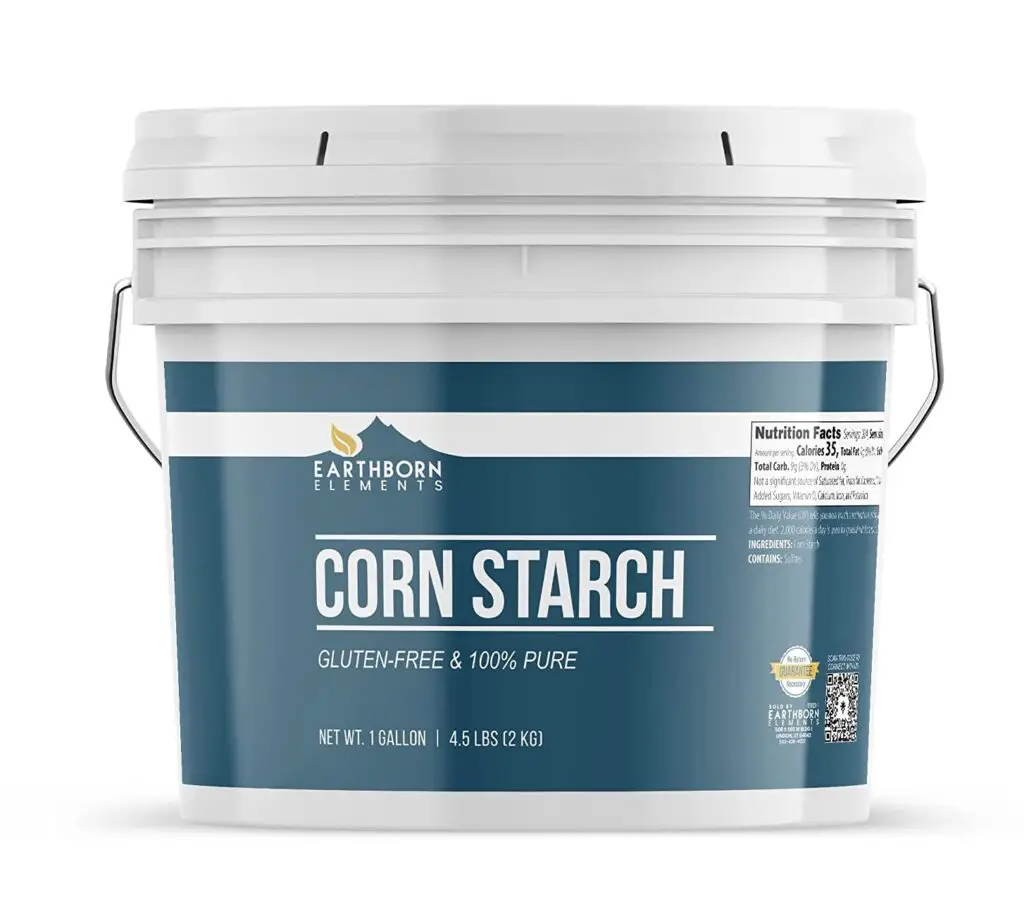
When you sprinkle cornmeal or baking soda on the ant hill, the ants will treat them as a food source and gobble down just about the entirety of the meal that you have sprinkled on it. This makes it much easier for you to eliminate the free-floating ants.
When the ants eat the cornmeal or the baking soda, they don’t have enough moisture to compensate. This results in the extraction of moisture from the cells and tissues in the body of the ants, killing them in the process.
5. Use Orange Rind Solution

Unlike humans, ants don’t enjoy the strong smell of Vitamin C or citrus fruits. This mainly includes oranges. So, if you have oranges lying around in the house, take the rind out of the orange and blend it in with some water and extra orange juice for better results. Ensure that the mixture has a smoothie-like texture.
Once done, spread it around the ant hill, ensuring that you cover the perimeter of the ant hill for optimal results. Also, do this for 2-3 days consecutively for better results. This can be done to eliminate ant hills in your garden.
6. Try Diatomaceous Earth
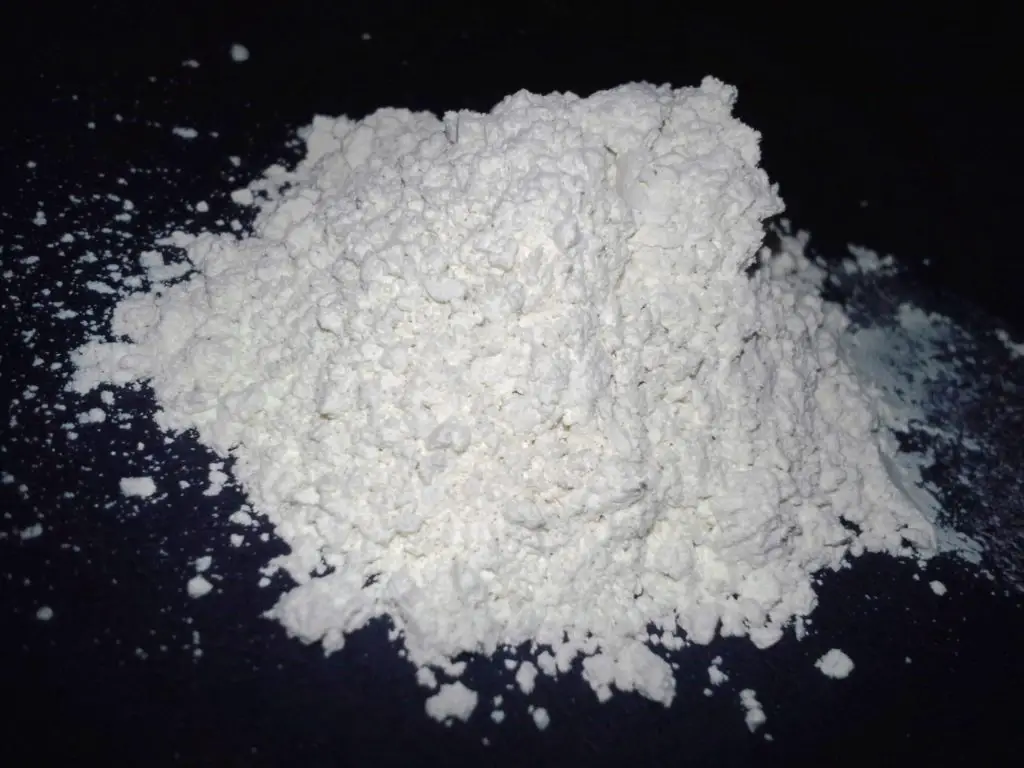
Diatomaceous Earth has many benefits in getting rid of the ant hills and managing the ant population in your garden. Ideally, the reason why it works is because of their sharp edges in the granules. The sharp edges make it difficult for the ants to walk on them without hurting themselves.
Also, if any of the granules are small enough to be eaten by the ants, be assured that they will further result in complications and fatal injuries, leading to their death. However, always ensure you sprinkle these granules on a wind-free day for the best results.
7. Use Boric Acid
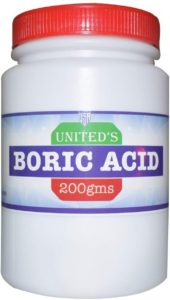
If you can’t get your hands on diatomaceous earth or other sprinklers, boric acid is also an effective alternative. However, boric acid has many chemicals in it, so you should use it cautiously. For optimal results, sprinkle on a generous amount of boric acid in and around the ant hill and leave it be.
Also, when sprinkling boric acid, remember it will kill any plants or grass nearby. So, you must be careful about where and how much you sprinkle in the area.
8. Use Chemical Insecticides

Despite the smaller structure, ants are very resilient. So, there are possibilities that you might use all the potent remedies and see no potential results in getting rid of the ant hill. In such cases, we’d recommend that you look for better alternatives.
Chemical insecticides are potent and show immediate results in getting rid of the ants and the ant hill within seconds. However, we’d recommend flattening the anthill before pouring down the chemical insecticide in the area for the best results.
Once you are done applying the chemical insecticide, you need to wait for a few seconds to see the results. If there are no further movements, you won’t have to spray further. However, if all the ants aren’t killed, you can then spray another round of insecticide in the area. Also, once done applying, you can rake the soil for better results.
9. Use Bait Traps
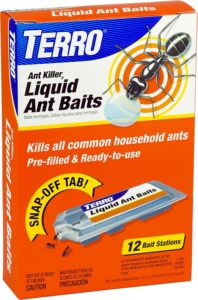
If you don’t want to damage the ant hill and kill the ants, another humane way to get rid of the ant hills is using bait traps. Not only is it effective, but it also shows pretty impressive results. Ant bait traps are available in the market easily, especially around hardware stores.
The ants will take the poisoned food into the colony and end up trapping the rest of the ants or killing them without you needing to do anything out of your way. This is a long-term process and can take up to 1 week to show potential results. So, if you don’t have the patience, we’d recommend looking into the other quicker remedies we mentioned.
If you were wondering how to eliminate ant hills, we hope this guide gives you all the insights. Always find the cause and triggers behind the infestation first and eliminate those to keep the ant hills to a minimum. We hope these remedies keep your garden in the best shape and appearance throughout the year.
Also read: How to Get Rid of Biscuit Beetles? | Try Out These 5 Ways
Frequently Asked Questions (FAQs)
How do I permanently get rid of an ant hill?
The easiest and most effective way to permanently remove an ant hill is by pouring hot water on the hill and flooding it. Also, concentrated vinegar and baking soda solutions work equally well.
Why does my yard have so many ant hills?
The most common reason for ant hills in the garden is favorable living conditions and a potent food source. It could be due to fruit trees or even the unkempt yard you haven’t cleaned in a long time.
Can you mow ant hills?
We would recommend damaging the anthill before mowing it. This ensures that the ants aren’t dispersed throughout the garden, which can inflict even worse damage.

